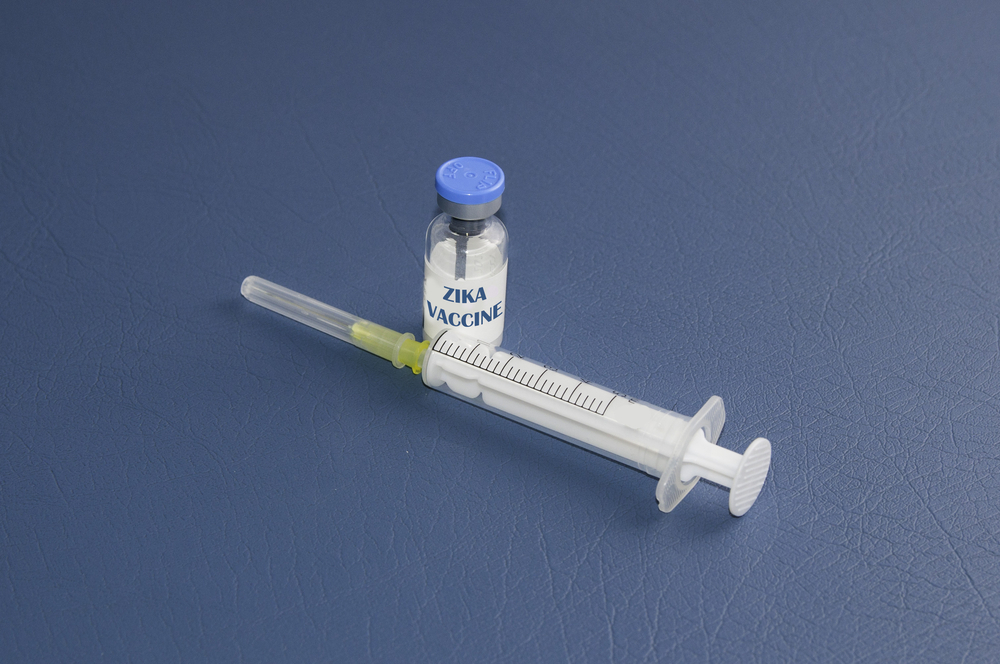
A next-generation Zika virus vaccine candidate was the first to safely elicit an immune response in humans, according to a recent study conducted by researchers at the Perelman School of Medicine at the University of Pennsylvania, the Wistar Institute, Inovio Pharmaceuticals, and GeneOne Life Science, Inc.
The candidate, GLS-5700, is a synthetic vaccine that contains instructions for the host to develop an immune response against a Zika-specific antigen.
For their study, the researchers enrolled 40 participants split into two groups of 20 that received either one- or two-milligram doses of the vaccine intradermally at zero, four- and 12-week intervals.
Each dose was then followed by the delivery of small electric currents directly into the skin at the injection site through a process known as electroporation that helps facilitate vaccine uptake, antigen production, and subsequent immune responses.
Two weeks after participants received their final doses, 100 percent developed virus-specific antibodies while 80 percent developed significant neutralizing antibodies against the virus.
Further, serum from participants showed the ability to protect mice whose immune systems were compromised from developing the disease after infection with Zika, which indicated that vaccine-induced antibodies could prevent infection and disease in vivo.
“Synthetic DNA vaccines, such as this Zika vaccine candidate our team has developed, are an important approach to preventing emerging infectious diseases,” David Weiner, executive vice president of the Wistar Institute and co-author of the study, said. “This novel DNA vaccine was developed and implemented in just months via a platform that has advantages in temperature stability, storage, dose, and distribution compared to most traditional vaccines, making DNA vaccines an important tool to respond quickly to curb an emerging epidemic.”
According to the researchers, further study is required to fully address the efficacy of the vaccine. However, their study suggested that a DNA vaccine could produce antibodies associated with Zika protection as well as T-cells in a well-tolerated platform.
The study was published in detail in a recent issue of the New England Journal of Medicine.




